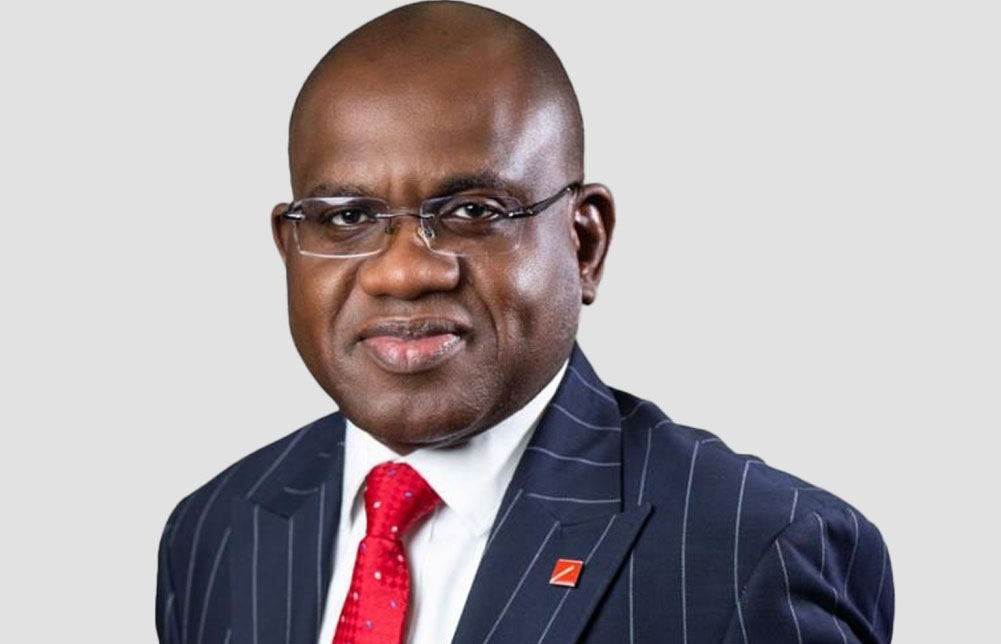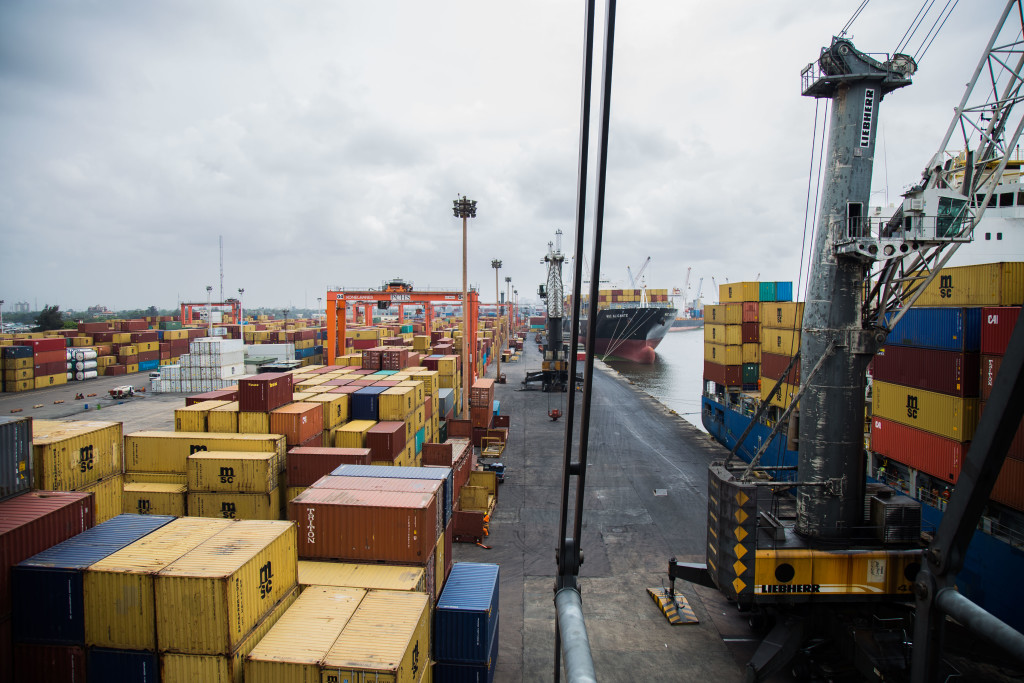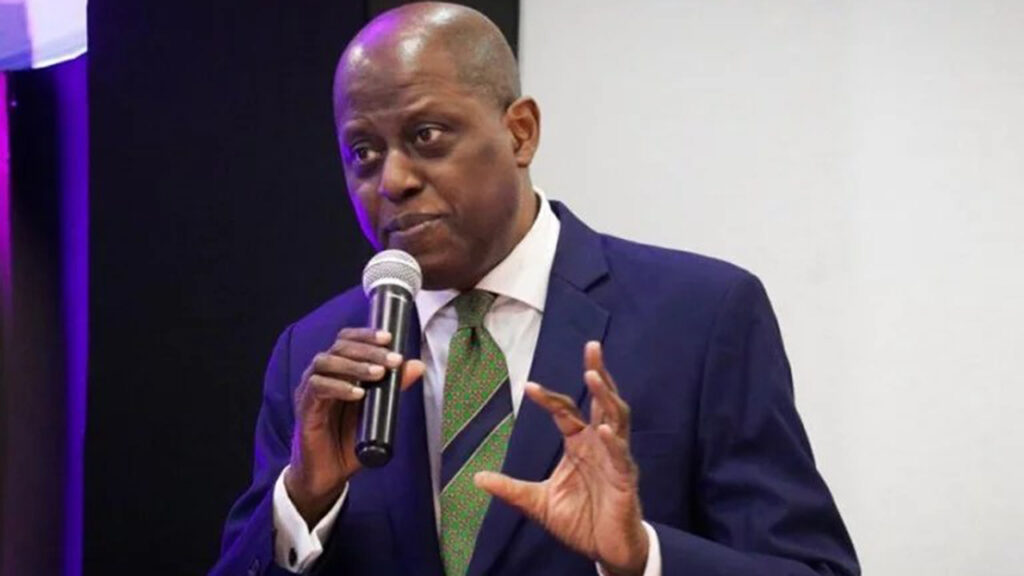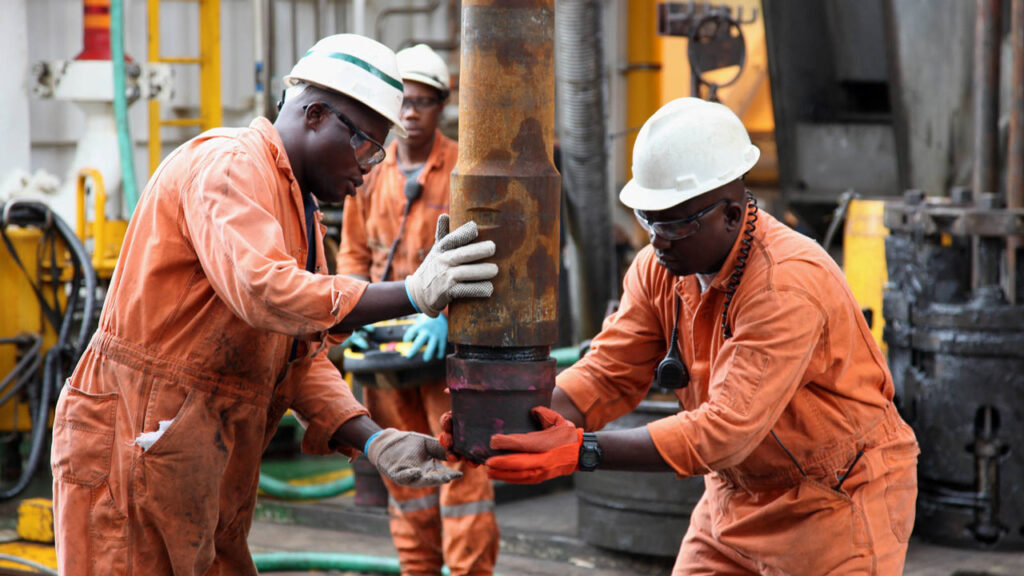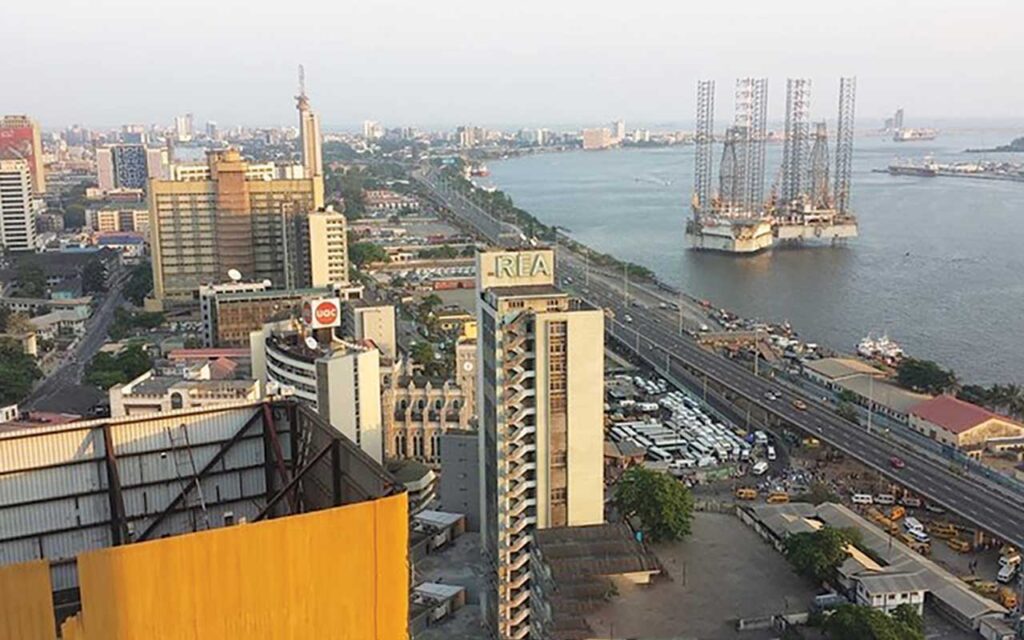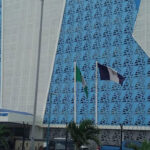
Nigeria has failed to implement the International Maritime Organisation (IMO) decarbonisation plans in the maritime sector resulting in over N100 billion lost yearly to the high cost of diesel to power the ports.
Recall that the Nigerian Maritime Administration and Safety Agency (NIMASA) during the 80th session of the Marine Environment Protection Committee (MEPC) in London held last year, expressed the country’s commitment to reduce greenhouse gas emissions.
IMO adopted a revised GHG strategy to reduce carbon emissions to 30 per cent by 2030 compared with 2008 levels, 80 per cent by 2040 and net-zero emissions by 2050.
According to stakeholders, maritime and port decarbonisation is difficult to achieve in Nigeria as investors and businesses solely run on diesel at a high cost and loss to them.
Maritime lawyer, Osuala Nwagbara, expressed concerns over the N100 billion lost yearly due to the high cost of diesel to power the ports by the concessionaires and the investors.
He lamented that each of the terminal operators at the ports uses up to 800 litres of diesel daily, stressing that such an estimation alone could cost approximately N50 billion yearly.
Nwagbara revealed that the terminal operators in Onne, Calabar, Warri and Port Harcourt ports record such humongous figures while maintaining that the cost of doing business at the nation’s seaports is relatively high.
He also lamented that Nigerian ports remain the most expensive in the world as lack of power supply is a major factor militating against pricing and other charges associated with cargo clearance.
Nwagbara, while proffering lasting solutions to power outages in the port communities in Nigeria, urged the Minister of Marine/Blue Economy, Adegboyega Oyetola, to issue licenses to reputable operators in the power industry.
He pointed out that with a permit granted to the Electricity Regulatory Commission, the service provider would help reduce the cost of doing business in the ports.
The General Secretary of the Association of Bonded Terminal Operators of Nigeria, Haruna Omolajomo, said Nigerian ports are far from implementing decarbonisation plans, noting that at the Lagos port, there has been no electricity supply for the past 15 years.
He also lamented the lack of electricity supply at the Kirikiri Lighter Terminal (KLT) command in Lagos over the past two decades, adding that businesses solely run on diesel at a high cost and loss to them.
He said companies whose operations are minimal, spend over N7 million on diesel consumption every month for their operations, while those working on maximum capacity spend over N10 million.
Omolajomo said his terminal consumes an average of 200 litres of diesel to run its operations daily, adding that businesses are running at a loss just to remain in operation.
“Government knows what we are facing and how the diesel generation is affecting everybody. We need a steady power supply for business to move smoothly,” he said.






